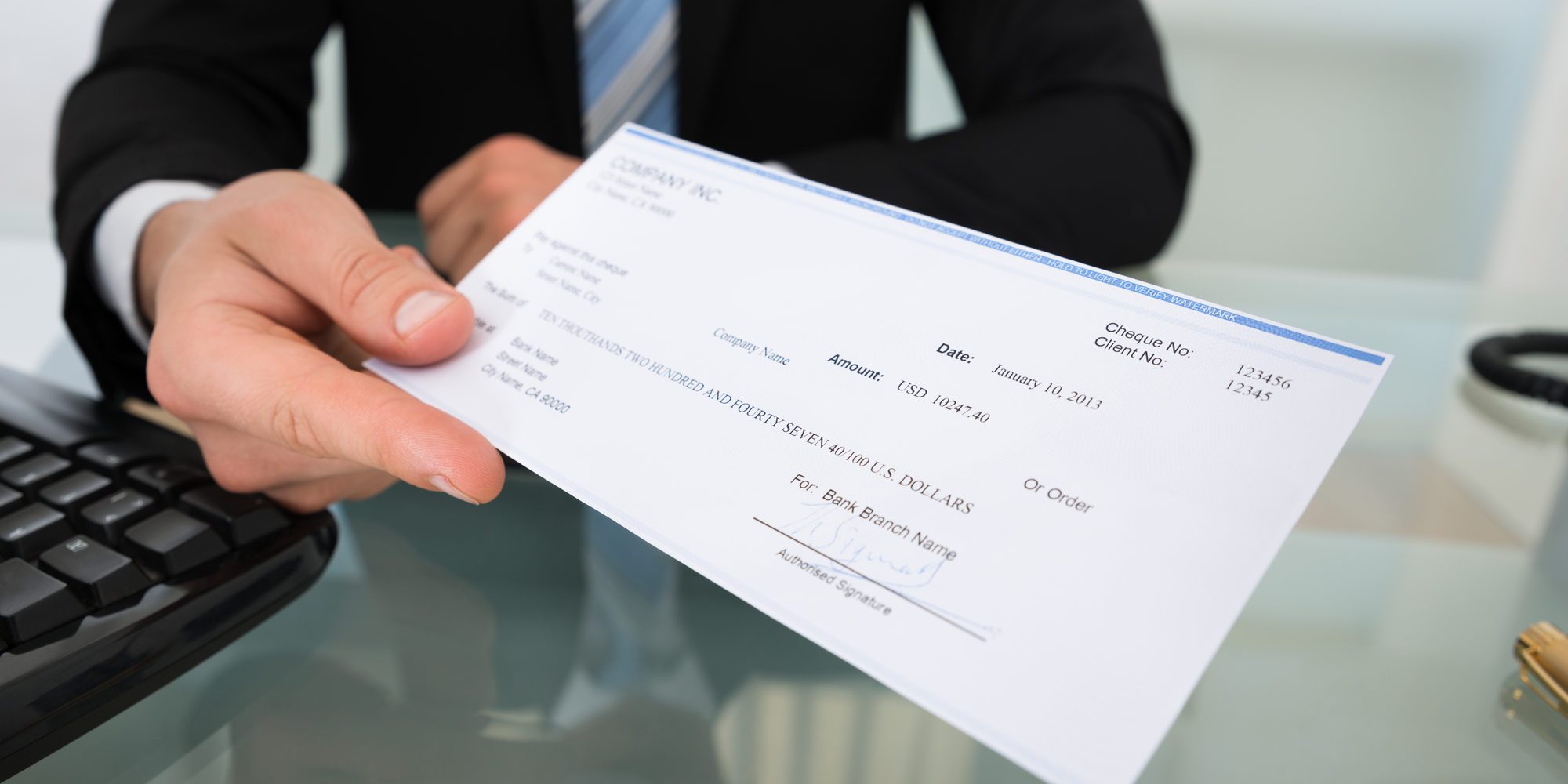How Long to Keep Pay Stubs
Some of you are wondering how long to keep pay stubs? Some people may even get errors on their pay checks.
And if you don’t keep your pay stubs, this might be hard to prove. Keeping your pay stubs or check stubs is a great way to ensure that all of your payment history is recorded and your transactions are in check.
How long should you keep your pay stubs? Keep reading and we’ll get into a little more detail on this subject.
How Long Should you keep your Pay Stubs?
In general, it’s a good practice to keep your pay stubs for over a year. After that, you may discard them. And if there’s personal information on those check stubs, you may want to shred them.
But – there’s nothing that tells you you shouldn’t keep your check stubs for even longer!
The best practice though is to keep them for a year, and if you’re self employed, you can also track your income and deductions so that you won’t have any trouble filing your W-2’s later on.
Important Reasons to Keep your Pay Stubs
Proof of Income
Your pay stubs provide you proof of income belonging to you including your name, the specific dates and the times and periods in which you received your payments. Without these, you have no way of tracking your income.
Pay stubs also provide additional information including your YTD which gives you a clear picture in how much more you have to earn and how the sum total of your earnings have been serving your net pay.
Gross pay
Knowing your income prior to taxes is important. This is one of the factors that determine loan amounts.
Tax Returns
If you want to take out a loan or purchase a car, you’re going to have to show proof of income including tax returns. While it’s easy to make a quick buck if you’re skilled and talented, if you’ve been freelancing, it’s a great idea to keep your stubs.
Net Pay
Your net pay is how much you make, and this factors into how much you can keep for yourself after you’ve paid your taxes and other fringe payments.
Other Important Financial Documents/Records
Life insurance policies
You want to make sure the coverage and premiums you take advantage of are recorded on paper. These include your contracts and any payments you might make.
Divorce papers
If you’re planning to nip the bud with your significant other, you want to make sure you’ve got evidence that you’ve terminated that relationship so you won’t have any obligations to the other party, except those which were pre-arranged.
Marriage licenses
It’s also a good idea to keep your marriage licenses after you tie the knot. Not that anyone generally doubts you’re a good couple, but for purposes of taxes and copayments, these are important documents to keep.
Birth certificates
You must keep your birth certificate and that of your children. These are vital documents which are needed across most transactions and it’s important to keep hold of them on a regular basis.
Wills and living wills
These are probably one of the most important documents you ought to keep for long or indefinite periods. Wills show and prove that certain people are beneficiaries who can give what was bestowed on them in the will. Keeping wills, just like your income tax returns and pay stubs is paramount.
Summary
You must keep your pay stubs for at least a year. You can keep them for longer, but it’s a good idea to track your income in real time. Your pay stubs show proof of income and your tax returns, these are key factors in taking advantage of many transactions in life.
It’s also a good idea to keep other vital documents to make sure you can transact with them and reap the benefits which are given to you through those transactional forms.




